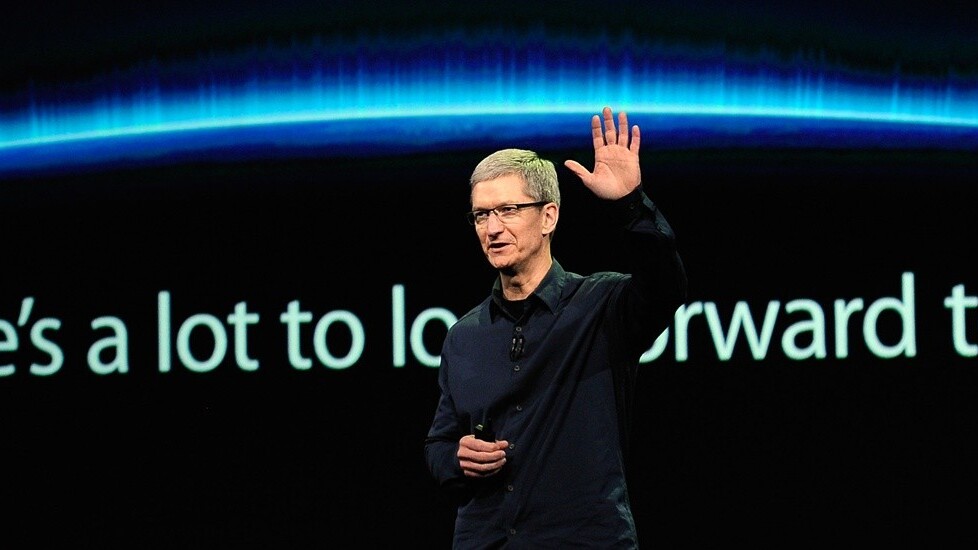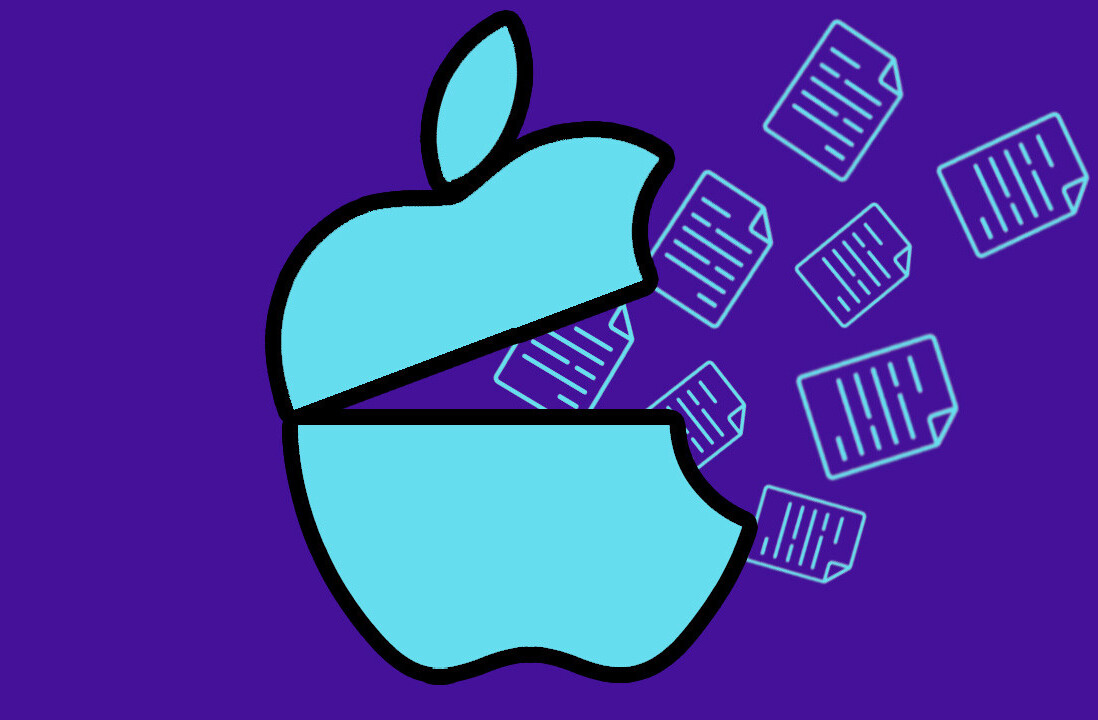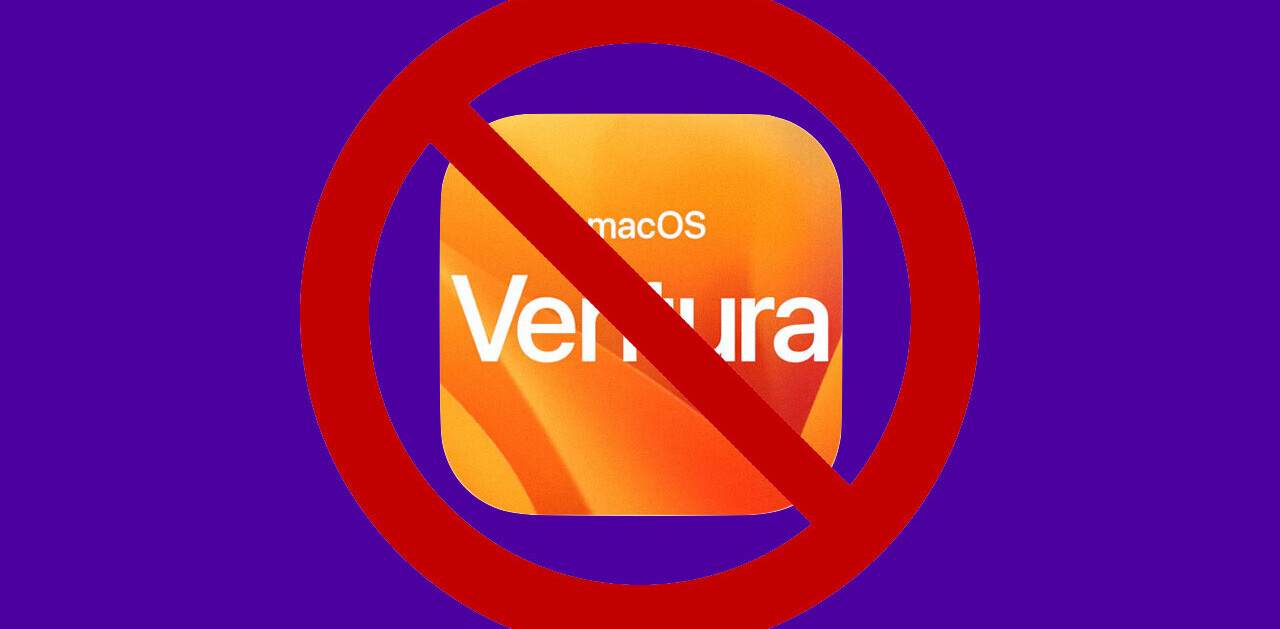
In the wake of security issues following the iCloud celebrity ‘hacking’ scandal, Apple is placing greater emphasis on user security after releasing an open letter from CEO Tim Cook and a new set of webpages that are devoted to explaining its privacy policy.
Visible from Apple.com, the new privacy policy page is customized to five different regions and designed to help Apple customers understand how the company uses the data that it collects from them. There’s also a separate disclosure for children, and each is available in a multitude of different languages based on location.
“We’re publishing this website to explain how we handle your personal information, what we do and don’t collect, and why,” Cook writes. “We’re going to make sure you get updates here about privacy at Apple at least once a year and whenever there are significant changes to our policies.”
“Our business model is very straightforward: We sell great products,” Cook further explains. “We don’t build a profile based on your email content or web browsing habits to sell to advertisers. We don’t “monetize” the information you store on your iPhone or in iCloud. And we don’t read your email or your messages to get information to market to you. Our software and services are designed to make our devices better. Plain and simple.”
Ouch, that makes pretty painful reading for companies like Google which make their money selling advertising space that is displayed to users of their products.
In his open letter, Cook also reiterates that Apple does not cooperate with government agencies to provide user data.
“We have never worked with any government agency from any country to create a backdoor in any of our products or services. We have also never allowed access to our servers. And we never will,” the Apple CEO writes.
Going into more detail on the topic, Apple’s privacy page explains that — with iOS 8 — the company is actually unable to override your security settings to access your data. Which is something that it said its “competitors” allow:
On devices running iOS 8, your personal data such as photos, messages (including attachments), email, contacts, call history, iTunes content, notes, and reminders is placed under the protection of your passcode. Unlike our competitors, Apple cannot bypass your passcode and therefore cannot access this data. So it’s not technically feasible for us to respond to government warrants for the extraction of this data from devices in their possession running iOS 8.
As for the advice provided to users, the pages urge Apple customers to be mindful of the kind of data that they share, how regularly they back it up, and of the threat of phishing campaigns and other such dangers.
Headline image via Kevork Djansezian / AFP / Getty Images
Get the TNW newsletter
Get the most important tech news in your inbox each week.






